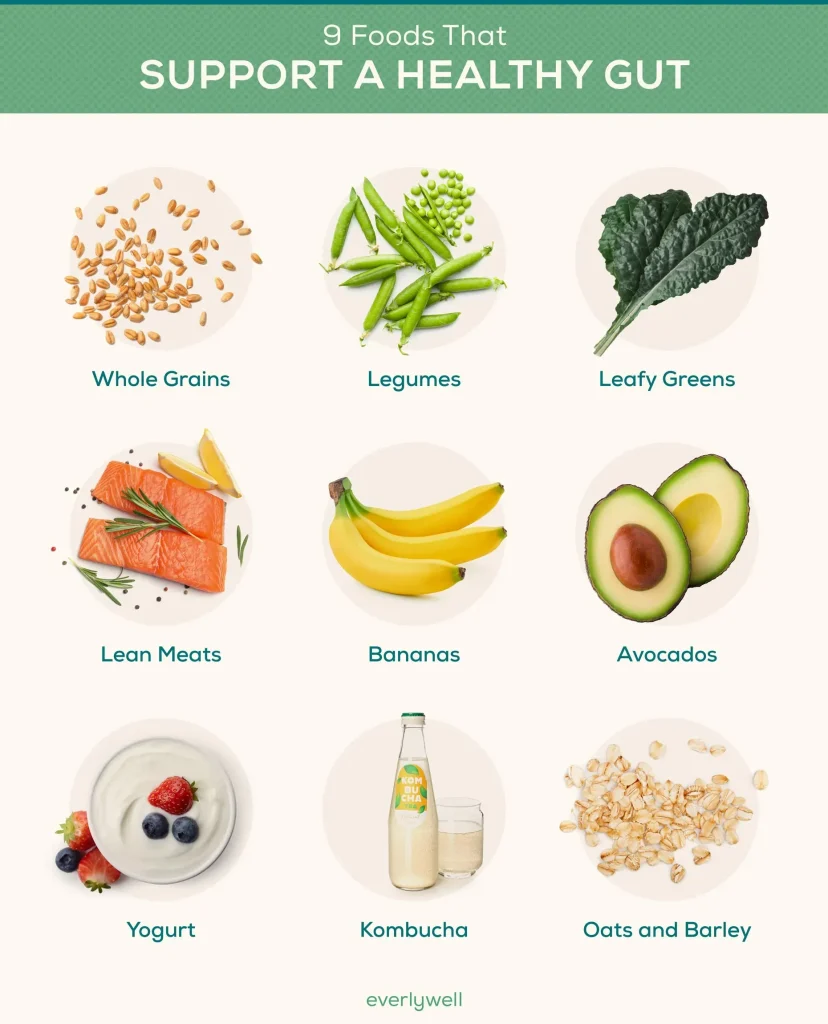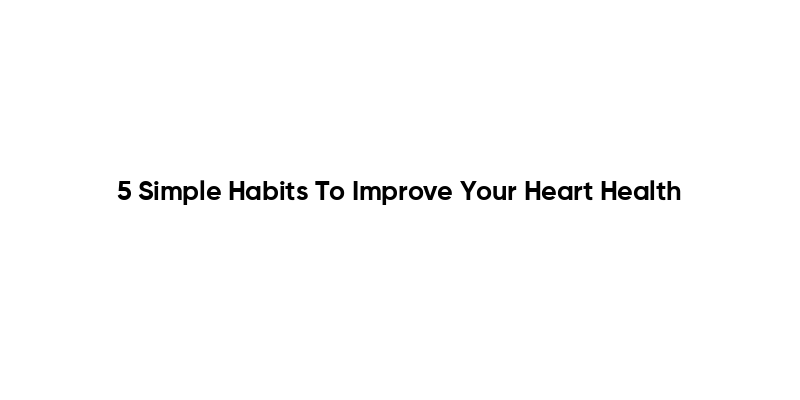Gut health shapes how you feel day to day, influencing energy, mood, sleep quality, and overall vitality in practical, everyday ways that matter for focus, stamina, and resilience. To grasp its impact, consider how the digestive system health supports nutrient absorption, waste elimination, and a resilient immune system, while feeding fiber for gut health fuels helpful bacteria that bolster resilience and even help regulate appetite. The gut-brain axis explains how stress and sleep sway digestion, and it helps explain why consistent habits—hydration, movement, balanced meals, and mindful eating—support mental clarity, mood stability, and a calmer nervous system. Probiotics and gut health balance work with microbiome balance and immunity to sustain steady energy, comfortable digestion, and a calmer, more adaptable body that recovers quickly from daily stress. With these ideas in mind, simple daily habits—from hydration to fiber-rich foods—can nurture this ecosystem, encourage a robust microbiome, and empower lasting wellbeing.
Beyond the basics, many experts describe intestinal wellness as a broader frame for how the digestive system and its microbial residents support resilience. This perspective highlights gastrointestinal balance and the microbiota’s role in nutrient use, toxin defense, and immune readiness. The brain–gut connection is a key idea, linking emotions, stress responses, and digestive comfort. By focusing on fiber diversity, prebiotics, and fermented foods as drivers of a healthy microbiome, readers can see practical steps that harmonize digestion with daily life. In short, understanding these terms helps you approach wellness with a systems view that connects daily habits to long-term vitality.
Gut Health 101: How the Gut-Brain Axis Shapes Digestive System Health
Gut health isn’t just a slogan—it’s the steady undercurrent of how you feel each day. The gut-brain axis links your digestive system health to mood, energy, and clarity through a two-way dialogue that uses the vagus nerve, immune signals, and microbial byproducts. When this communication runs smoothly, you often experience steadier energy, better digestion, and a more resilient immune response. A healthy gut ecosystem also supports microbiome balance and immunity, shaping how you respond to stress, food, and overall vitality.
To nurture the gut-brain axis and digestive system health, practical steps matter: load up on diverse fibers, enjoy probiotic-rich foods, hydrate well, and manage stress. Fiber for gut health fuels beneficial bacteria that generate short-chain fatty acids, supporting gut barrier integrity and calming inflammatory responses. Include probiotic foods—yogurt, kefir, sauerkraut, kimchi—and aim for a varied probiotic profile to support microbiome balance and immunity as part of a holistic wellness routine.
Nourish Your Microbiome for Overall Wellbeing: Fiber, Probiotics, and Immunity
Your gut microbiome thrives on diversity. The microbiome balance and immunity you feel day to day come from a community of microbes that respond to what you eat, how you hydrate, and how you sleep. A fiber-forward diet fuels this ecosystem, while probiotic-friendly foods introduce friendly strains that assist digestion and help modulate immune defenses. Together, these elements support a resilient digestive system and broader wellness.
Putting it into practice: build meals around a spectrum of vegetables, legumes, whole grains, fruits, nuts, and seeds to deliver a wide range of fibers—especially to support fiber for gut health. Add fermented foods such as yogurt, kefir, sauerkraut, or kimchi to strengthen probiotics and gut health. Stay hydrated, prioritize sleep, and incorporate stress-reducing activities to support microbiome balance and immunity over the long term.
Frequently Asked Questions
How does the gut-brain axis influence mood and energy, and what practical steps support digestive system health?
The gut-brain axis is the two-way communication between your gut and brain, shaping mood, energy, and focus. Supporting digestive system health includes regular hydration, consistent sleep, stress management, a diet rich in fiber for gut health, and probiotic-rich foods to promote microbiome balance and immunity.
How do fiber for gut health and probiotics support microbiome balance and immunity, and which foods best promote these benefits?
Fiber for gut health acts as prebiotics, feeding beneficial bacteria and helping microbiome balance and immunity by producing short-chain fatty acids that support gut lining. Probiotics and gut health help diversify the microbiome and strengthen immune defenses. Practical foods include fiber-rich options like vegetables, fruits, whole grains, and legumes; probiotic foods such as yogurt, kefir, sauerkraut, and kimchi; and staying hydrated to aid digestion.
| Aspect | Key Points |
|---|---|
| What is gut health and why it matters | Gut health refers to the harmonious functioning of the digestive system and microbiome; it supports nutrient absorption, energy, mood, immune defenses, and long-term wellness. Imbalances can cause bloating, fatigue, and food sensitivities. |
| Understanding the gut-brain axis | Two-way communication between gut and brain via the vagus nerve, immune signals, and microbial metabolites; stress and sleep influence digestion and mood. |
| Fiber as the fuel for a thriving gut | Dietary fiber feeds beneficial bacteria, promotes short-chain fatty acids (SCFAs) like butyrate, supports gut barrier integrity, and comes from diverse plant sources such as vegetables, fruits, whole grains, legumes, nuts, and seeds. |
| Probiotics, fermented foods, and microbiome balance | Live microorganisms can support balance and digestion; fermented foods provide probiotic-rich options; strains vary, so a varied approach often yields the best results. |
| Hydration, sleep, and stress management | Hydration keeps stool soft and moving; sleep and stress affect motility and gut permeability; daily practices like mindful breathing and regular activity support digestion and immunity. |
| Common gut health concerns and practical fixes | Bloating/gas: eat slowly and monitor triggers; Constipation: increase fiber and hydration; Occasional diarrhea: stay hydrated and reintroduce fiber gradually; IBS: a structured plan with clinician-guided probiotics can help. |
| Practical daily steps for a healthier gut | Build a fiber-rich plate, include probiotic foods, hydrate adequately, manage stress, sleep consistently, limit ultra-processed foods, and be mindful of medications. |
| Putting it all together: a holistic view | Gut health is a lifestyle pillar that links digestion, microbiome, gut-brain axis, immunity, energy, and mood; nurturing diverse fiber, regular probiotics, hydration, sleep, and stress management supports resilience. |
| Starter plan to boost gut health this week | Breakfast: oats with berries and yogurt; Lunch: colorful salad with quinoa or lentils; Dinner: lean protein and vegetables with whole grains; Hydration and probiotic intake daily. |
| Long-term gut health and ongoing wellness | The journey is ongoing; small, sustainable shifts compound over time. If symptoms persist, consult a healthcare professional to tailor strategies to your needs. |
Summary
Growing awareness of gut health sets the stage for daily vitality and resilience. A balanced gut ecosystem influences energy, mood, immune defenses, and cognitive clarity. By prioritizing a fiber-forward diet, regular probiotic-rich foods, adequate hydration, sleep, and stress management, you nurture a microbiome that supports digestion and overall wellness. This holistic approach treats gut health as a central pillar of well-being, guiding you toward steadier energy, improved mood, and better everyday performance.



